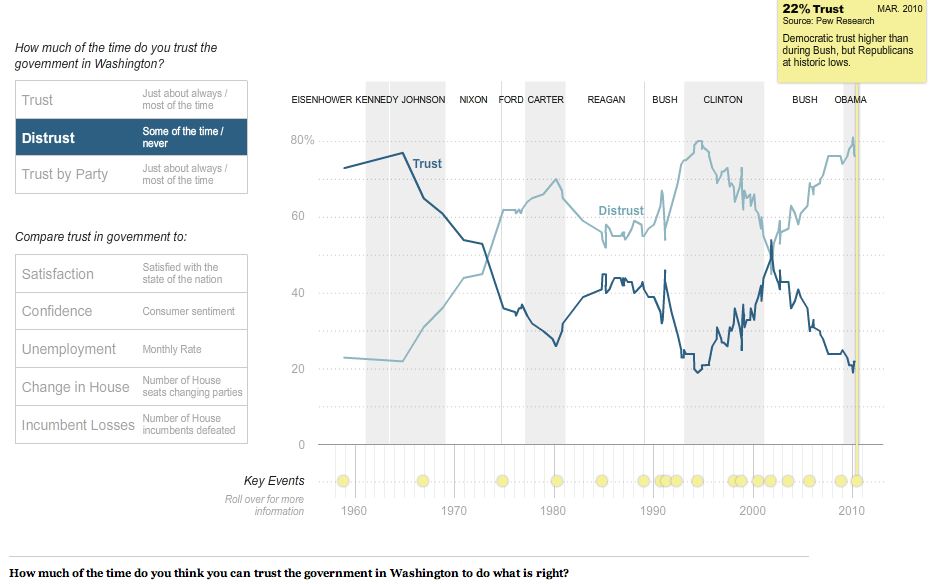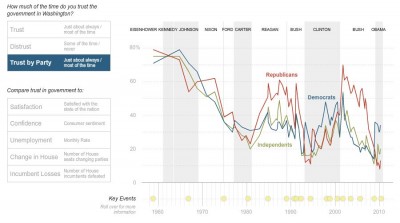I found this YouTube video from the UK to be interesting, as it shows a young person trying to sort out politics and questioning democracy in light of the media and capitalism. The video description by Annika sets up the current situation in the UK {from 2 January 2010}::
“Only 76% of Brits bother to vote. Even worse, only 54% of Americans vote.
The present Parliament which first met on 11 May 2005 is scheduled to expire at midnight on 10 May 2010. The next United Kingdom general election is due to take place on or before Thursday 3 June 2010. The governing Labour Party will be looking to secure a fourth consecutive term in office and to restore support lost since 1997. The Conservative Party will seek to regain its dominant position in politics after losses in the 1990s, and to replace Labour as the governing party. The Liberal Democrats hope to make gains from both sides; although they too would ideally wish to form a government, their more realistic ambition is to hold the balance of power in a hung parliament.”
The distrust of the institutions of political parties is an issue in the US, Canada, and the UK, which causes Annika to discount the rhetoric, as well as the spin by the institution of the media. My concerns are that the political institutions and infotainment are turning people off of politics.
While the use of social media, such as YouTube and what Annika is doing, can decentralize information dissemination and foster dialog, does the attention economy bring us right back to large numbers of people going to “destination websites” and what does this do to the signal-to-noise ratio? Also, how can social media be used to foster civil discourse and the exchange of ideas, as opposed to shouting at each other?
While some may think Annika’s thoughts about democracy to be rather cynical, I think it’s a good point of departure for politicians to address the issue of why democracy does matter despite the influence of media and capitalism that can serve to make citizens feel as though it doesn’t. Particularly in the midst of the Big Recession, where government is the bearer of bad news regardless of ideological leaning.
Twitterversion:: Politics & distrust of political parties and media’s influence. Can democracy be made salient? Can true dialog be fostered by social media? #ThickCulture @Prof_K
Song:: Sparklehorse-‘Getting It Wrong’



